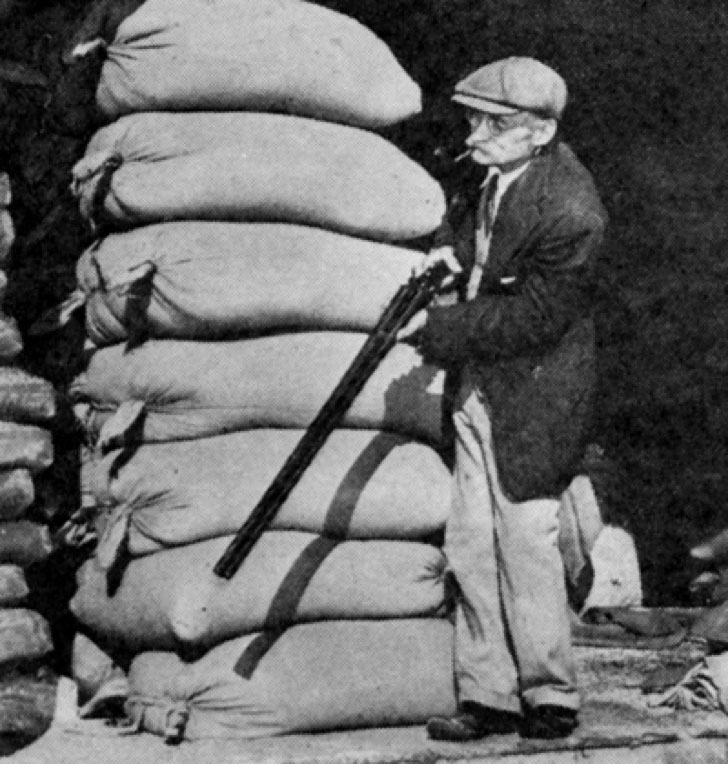Audio Media
Audio Media: Music and Radio
Music has been one of the columns of the US American cultural dominance in the world during the 20th Century (the other being Cinema). In this sense, the U.S.A. replaces the traditional European cultural supremacy. The powerful U.S. recording industry provided the whole world with the music that was going to inspire several generations. In this chapter, you will get an insight in this fascinating world. You learn how the recording industry works and which are the mechanisms that determine the music you listen to and claim to love.
Broadcasting, in the context of mass communication, refers to a process of coding and decoding messages into and from electronic signals that are sent, in the form of waves, through the electromagnetic spectrum. In this section of the course, we will focus on the earliest form of broadcasting: the radio. Today, radio is the most heavily used medium in the United States.
In this learning module you will learn:
1 – the technological foundation of radio and the audio reproduction,
2 – how this technology has been evolving,
3 – how the technological evolution determine contents, uses and social functions of Radio and Music,
4 – the current uses of radio and the impact of Internet in the contemporary recording industry,
and
5 – the particular synergy between commercial music and radio.
Readings
The Recording Industry – by Creative Commons
Radio: Historical Development – by Creative Commons
Music and Radio: a Study on Synergy – by J. C. Sterin
Origins of Broadcasting
The Network Model
- Radio Corporation of America (RCA)
- National Broadcasting Company (NBC)
- Columbia Broadcasting System (CBS)
- American Broadcasting Company (ABC)
The Golden Years
Genres:
- News Analysis
- Lowell Thomas
- The German fascist chief is snorting fire. There are now two Mussolinis in the world, which seems to offer a rousing time. (1927)
- Lowell Thomas
- In-house orchestras
- Narrative
- The Shadow, The Green Hornet, The Lone Ranger, Fibber McGee and Molly, …
- Variety Show
- Everyday Hour (1923)
- Quiz Shows
- Professor Quiz, Old Time Spelling Bee
- Dramatic Programs
- Clara, Lu, and Em (1931, the first “soap” opera).
- Situation Comedy
- Amos ’n’ Andy (1929)
Milestones
- Amelia Earhart
- Richard Byrd, Antarctic Expedition, 1929
- F. D. Roosevelt
- Fireside Chats (1933, …)
- The Invasion from Mars (1938)
- O. Welles dramatization of H. G. Wells’ War of the Worlds

Radio Revolutions:
- The Transistor Revolution (1947)
- The FM Revolution (1954)
Radio Today
- Clear Channel Communications
- 1200 radio stations
- 60% of radio listeners
- Clear Channel merged with SFX (Event Management)
- “Natural Synergy” of Monopoly?
- 1996 Telecommunication Act – favored ramping consolidation
